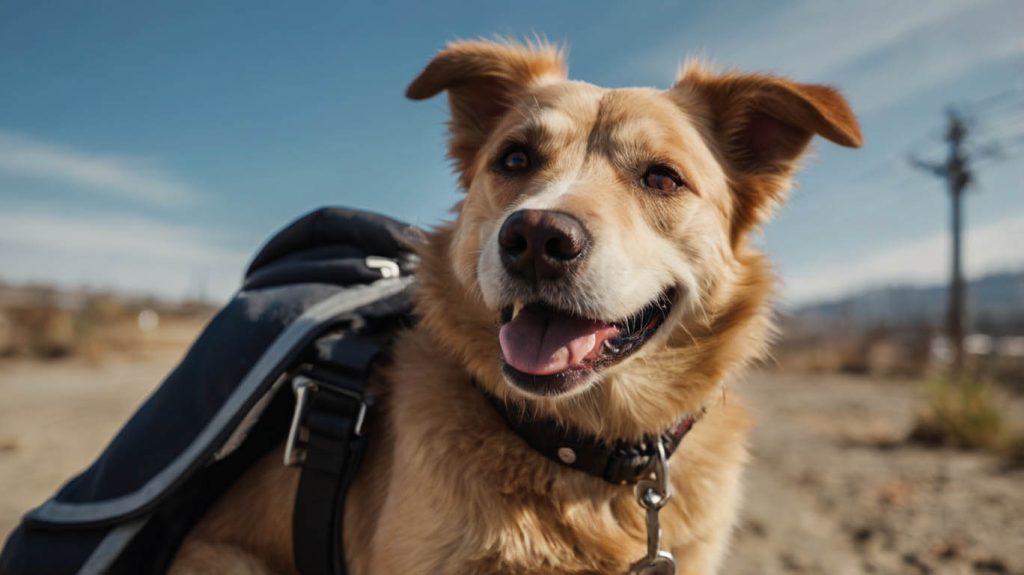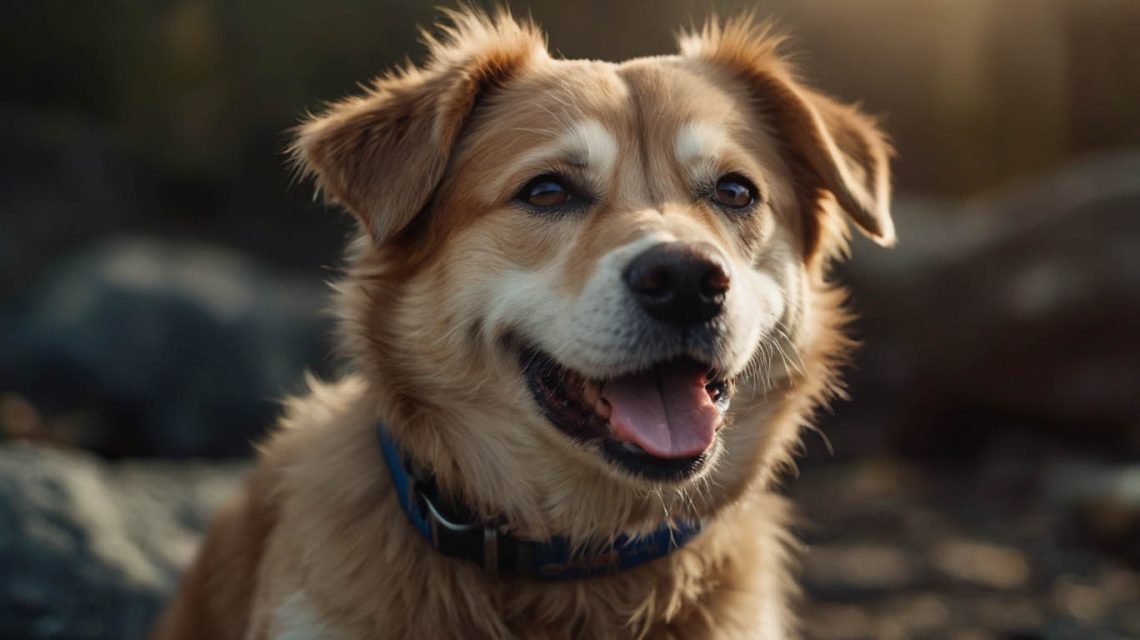Disabled Dog Rescue: A Guide to Adopting a Perfectly Imperfect Best Friend
In shelters across the country, hopeful canine faces peer out from their kennels, waiting for a second chance. While many are healthy and bouncy, others have a different story to tell. You might see a dog with cloudy eyes, one who is missing a leg, or another who gets around with the help of a wheeled cart. These are the dogs who often wait the longest, their physical differences making potential adopters hesitate. Consequently, a special kind of hero has stepped up to champion these deserving souls: the disabled dog rescue.
These dedicated organizations are more than just shelters; they are beacons of hope. They specialize in rescuing, rehabilitating, and rehoming dogs with physical or medical challenges that might make them “unadoptable” in a traditional shelter setting. Therefore, this guide is designed to illuminate their incredible work. We will explore the types of dogs you’ll find at a disabled dog rescue, what to expect when you adopt one, and how you can support their life-saving mission, even if you’re not ready to bring a dog home just yet.
The Inspiring Mission of a Disabled Dog Rescue
A disabled dog rescue operates on a simple, powerful belief: every dog, regardless of its physical condition, deserves a life filled with love, comfort, and dignity. They see beyond the “disability” to the vibrant, loving personality within.

What Makes Them Different from a Regular Shelter?
- Specialized Medical Care: These rescues are equipped to handle complex medical needs. They have strong partnerships with veterinarians and specialists and are experienced in managing everything from post-operative care to chronic illnesses.
- A Focus on Rehabilitation: Their goal is not just to house dogs but to help them thrive. This often includes providing physical therapy, hydrotherapy, and custom-fitted mobility aids like wheelchairs.
- An Expert Foster Network: The backbone of any disabled dog rescue is its team of dedicated foster parents. These volunteers provide a loving, low-stress home environment where a dog can recover from surgery, learn to navigate their world with a new disability, and show their true personality.
- Careful Adoption Matching: They take immense care to ensure their dogs go to homes that are fully prepared to meet their unique needs, leading to highly successful and rewarding adoptions.
The Amazing Dogs You’ll Find at a Disabled Dog Rescue
The term “disabled” can cover a wide range of conditions. Here are some of the resilient pups you might meet.
Tripods: The Three-Legged Wonders
Losing a limb doesn’t slow these dogs down for long.
- What to Expect: Most “tripods” adapt with incredible speed. They quickly learn to balance and can run, play, and climb stairs with amazing agility.
- Primary Care Need: The most important aspect of their care is keeping them at a lean, healthy weight to minimize stress on their remaining joints.
Blind and Visually Impaired Dogs
These dogs “see” the world through their extraordinary sense of smell and hearing.
- What to Expect: A blind dog thrives on routine. They will quickly create a “mental map” of your home and navigate it with confidence.
- Primary Care Need: Your main role is to maintain a consistent and safe environment. This means not rearranging furniture and using gates to block potential hazards like stairs.
Deaf and Hearing-Impaired Dogs
Deaf dogs “listen” with their eyes and are incredibly attuned to their surroundings.
- What to Expect: Many owners find deaf dogs are surprisingly easy to train because they aren’t distracted by ambient noise.
- Primary Care Need: You will need to learn and use visual cues and hand signals for communication. Extra safety precautions are also a must, as they cannot hear approaching dangers like cars.
Wheelie Dogs: Pups with Paralysis or Mobility Issues
These dogs, often using a custom-fitted cart for mobility, have some of the biggest and most inspiring personalities.
- What to Expect: A dog in a well-fitted wheelchair can run, play, and live a life full of joy and adventure.
- Primary Care Need: This is a more hands-on commitment. Depending on their specific condition, they may need help getting into their cart and may require assistance with bladder expression (a simple technique that rescues teach adopters).

How You Can Support a Disabled Dog Rescue
These organizations rely entirely on the generosity of their community. There are numerous ways you can contribute to their life-saving work.
Adopting from a Disabled Dog Rescue
This is the most impactful way to help. By adopting, you not only give one dog a loving home but also free up a foster spot for the next dog in need. Before adopting, have an honest conversation with the rescue about the dog’s specific needs to ensure it’s a good fit for your lifestyle and budget.
Fostering: Providing a Temporary Safe Haven
If you’re not ready for a permanent commitment, fostering is an incredibly valuable service. You provide a temporary home while the rescue covers all medical costs. Fostering allows a dog to heal from trauma or surgery in a calm environment and gives the rescue crucial insights into their personality.
Volunteering and Donating
- Volunteer: A disabled dog rescue often needs help with transporting dogs to vet appointments, assisting with fundraising events, or social media management.
- Donate: Vet bills are their biggest expense. A monetary donation goes directly toward life-saving medical care. You can also check their “wish list” for needed supplies like special food, pee pads, or bedding.
Finding a Disabled Dog Rescue in Your Area
Ready to take the next step? Here’s how to find these incredible organizations.
- Online Search: Use specific terms like “disabled dog rescue near me” or “special needs animal rescue [your state].”
- Petfinder.com: This is a major adoption website where you can filter your search to look specifically for “special needs” animals. Many rescues list their available dogs here.
- Social Media: Follow your local humane society and other large rescue groups. They often feature and support smaller, specialized rescues in their network.
A Love That Sees a Perfect Soul
A disabled dog rescue operates on the beautiful principle that a dog’s spirit is not defined by its body. They see the perfect, loving soul behind the physical challenge. When you choose to support a disabled dog rescue, whether by adopting, fostering, or donating, you are joining a compassionate movement. You are celebrating resilience, championing the underdog, and giving a second chance to some of the most deserving dogs you will ever meet.
Have you ever adopted a disabled dog? Share your story and inspire others in the comments below!


